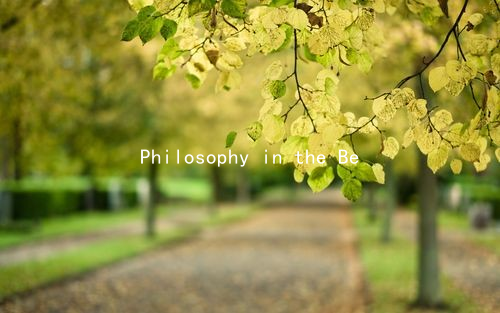Building Deeper Connections: Applying Philosophical Ideas to Your Love Life
Building deeper connections in romantic relationships can often feel elusive, but by applying philosophical concepts, we can cultivate a more profound understanding of ourselves and our partners. Relationships are more than just about physical attraction; they are about connection, understanding, and shared growth. Here are some philosophical ideas that can enhance your love life, making it richer and more fulfilling.
1. Existentialism: Embrace Authenticity
Existentialist thinkers like Jean-Paul Sartre emphasized the importance of authenticity in human relationships. To create a deep connection, both partners must embrace their true selves. This means being open about your needs, desires, and flaws. Engage in honest conversations about your fears and hopes. Authenticity fosters trust and creates a safe space for vulnerability, allowing both partners to feel seen and accepted.
2. Stoicism: Cultivate Emotional Resilience
Stoicism teaches us to focus on what we can control and accept what we cannot. In relationships, misunderstandings and conflicts are inevitable. By practicing emotional resilience, we learn to navigate challenges without letting them derail our connection. Instead of reacting impulsively, take a moment to breathe and reflect. This calmness can lead to more constructive discussions, fostering a deeper understanding and connection with your partner.
3. Phenomenology: Be Present
Phenomenology, as proposed by philosophers such as Edmund Husserl, emphasizes the importance of experiencing the present moment. In relationships, it’s easy to get lost in worries about the future or regrets about the past. Practicing mindfulness can help partners appreciate the beauty of their current relationship. Engage fully in moments together—be it a simple conversation, a shared meal, or an adventure. This presence not only strengthens your bond but also enhances your shared experiences.
4. Ubuntu: Emphasize Shared Humanity

The African philosophy of Ubuntu reflects the idea that “I am because we are.” This concept encourages us to recognize the interconnectedness of humanity. In romantic relationships, understanding that your partner’s well-being is intertwined with your own can change your approach to conflicts and challenges. Prioritize your partner’s feelings, and cultivate empathy. This shift in perspective can deepen your emotional connection and create a partnership built on mutual support.
5. The Socratic Method: Foster Open Dialogue
Socrates advocated for questioning as a means to gain deeper truths. Applying the Socratic method in your relationship means engaging in open, honest dialogue. Rather than making assumptions about your partner’s feelings or intentions, ask open-ended questions. This approach not only promotes deeper understanding but also shows your partner that you value their thoughts and feelings. Such communication can illuminate areas for growth and shared exploration.
6. Buddhist Philosophy: Practice Non-Attachment
Buddhist philosophy teaches the importance of non-attachment as a way to cultivate inner peace. In the context of relationships, this doesn’t mean detaching from your partner emotionally but rather fostering a sense of acceptance of what is. Understand that relationships evolve, and being overly attached to specific outcomes can lead to disappointment. Embrace your partner’s individuality, and appreciate them for who they are rather than who you want them to be.
Conclusion
Applying these philosophical ideas to your love life can pave the way for deeper connections and more meaningful relationships. By embracing authenticity, cultivating emotional resilience, being present, fostering open dialogue, and practicing empathy, you can create an environment where love can flourish. Remember, a healthy relationship is a journey of growth for both partners—a union not just of hearts, but of minds and souls.





